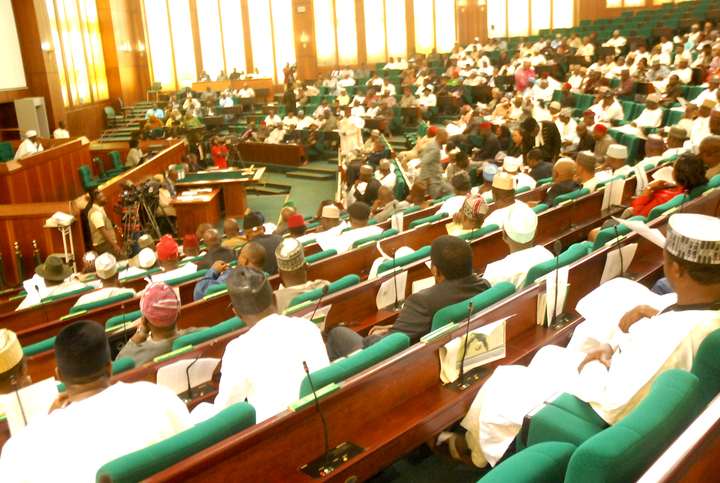Yesterday was a good day to bury bad news. As all eyes looked towards Aso Rock and the 37 ministers being sworn in (finally), the lower house of the Nigerian parliament passed through a resolution to, essentially, censor social media. The naughty bits at least. A news item on the National Assembly website reads:
“The House has prevailed upon the telecommunications service providers to either develop or acquire software that will block or filter-out certain images or contents that violate both moral and religious values in Nigeria. Passing a resolution on a motion moved by Hon. Johnbull Shekarau calling for the censoring of social media, he prayed the House to urge the telecoms service providers to initiate a take-down procedure that will enable a swift removal of any pornographic materials when notified by network users. He advised that this could be done by dedicating a hotline that will receive and treat complaints.”
Nigeria has never shied away from using the Cannon and Mosquito approach to solving our perceived issues. And what we do not understand or cannot fix, we ban or censor. The report continues:
“The House, however subscribed… that not censoring inappropriate and illicit material like pornography, sexual and homosexual ones on platforms such as YouTube, Whatsapp, Facebook, Twitter etc is a threat to the moral values and decency of the Nigerian society.”
A solution to what the Honourable Shekarau proposed already exists, the report button. Social media platforms have well-established mechanisms in place through which users can report content they find offensive. The platform investigates and removes the content if they deem it improper. This detail, along with the absurdity of setting up a “hotline”- to receive offline complaints about online content- shows that the House doesn’t understand the nuances of the problem it has chosen to take on. The telcos do not own these platforms and will still resort to existing reporting channels.
Also, in placing the Nigerian Communication Commission (NCC) in the role of a censor board – the body has been asked to “create significant barriers” to the misuse of all things mobile – the House continues to show how clueless they are .
By censoring content, the government will be- by extension- censoring users and free speech. We should be free to look at or share whatever we desire, even if it hurts Hon. Shekarau’s sensibilities. Morality and decency has always been down to individual choices and can’t be legislated into our lives. They are noble standards but censorship cannot serve as a go-to protection for them.
This resolution may die on the floor of the lower parliament as many others have. Or it may be passed into law when we least expect it. We do not yet know what form the proposed software will take (one thing we have in common with the House) but we need to be vigilant that the first line of code is not written at all. Free speech, even if it may seem tenuous at times in Nigeria, has to be protected.
Source: TechCabal

